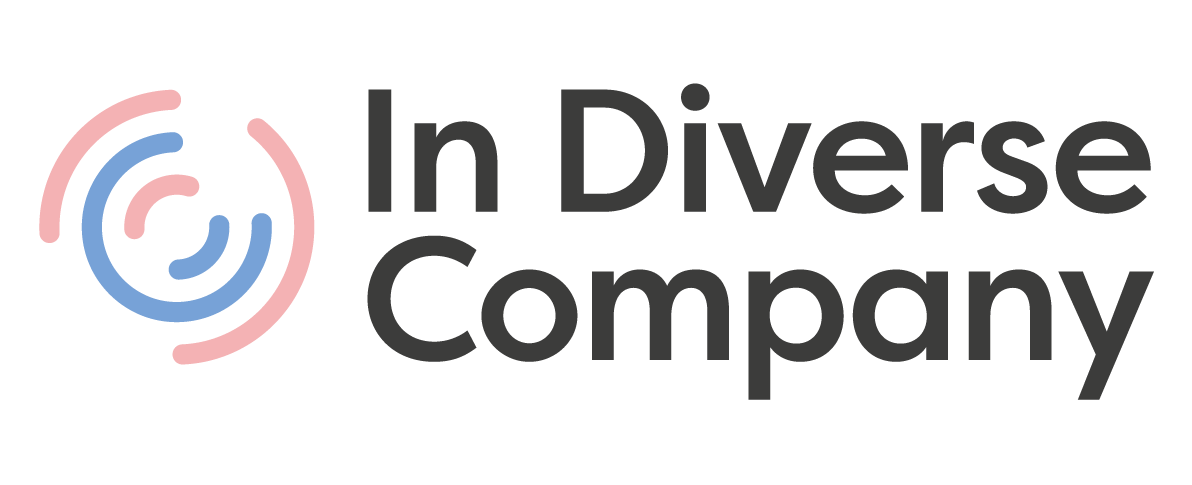By Ora Rammala, D&I Consultant
The ramifications of 2020 and Black Lives Matter protests around the world signified a global understanding of racism’s systemic impact on Black people. The several filmed murders by police, during a time when the world was forced to watch, made the public recognise the systemic nature of racism. Much like any inhumane system, racism urges everyday people to be complicit in the benefits and privileges of this ancient world order and repeatedly oppresses the minorities through all aspects of society. The discussion, sadly, lies in the positioning of responsibility within society; why does the oppressed constantly have to teach their oppressor?
Racism’s systemic nature means that, as Audre Lorde writes, “we have all been programmed to respond to the human differences between us with fear and loathing to handle those differences in one of three ways: ignore it… copy it if we think it’s dominant or destroy it if we think it is subordinate.” (Audre 2007:115)
The first point, “ignore it”, sadly seems to be the societal norm. This wilful ignorance is simply a form of complicity; a symptom of privilege that contributes to the oppression of some in order to prioritise others. This complicity and oppression are present in education, media, healthcare, housing and of course, policing and the judicial system. We all have a part to play in this system and it is in every choice we make that we decide whether to be simply non-racist or anti-racist.
It is important to think outside of the “racist” and “not racist” binary. Racists are part of the problem, but by being ‘not racist’ all we are doing is refraining from contributing further to the problem. This isn’t the same as solving the problem. Instead, by ignoring the problem and not contributing to its solution, we are being complicit. It is therefore important to be anti-racist – being actively committed to actively calling out and challenging racial prejudice where you see it.
To be anti-racist, we must answer those difficult questions that have often been brought to the meeting by our silenced black colleagues. Although the truth may be uncomfortable, it is vital to pursue change. There is a specific grassroots movement called “#PulluporShutUp” created by the CEO of Uoma Beauty, Sharon Chuter. In an interview with “the cut” Sharon stated: “You can’t tell us Black Lives Matter publicly when you don’t show us that Black lives matter within your own homes and organisations.” This is why she is calling for big beauty brands to publicly release the breakdown of Black employees at the corporate and executive levels. Chuter’s call for action forced several beauty brands, who benefit greatly from its black audiences, to take responsibility for the human virus that is racism. As a consequence, several beauty brands released the diversity and representation figures and pledged to do more to tackle racism within their organisations.
For centuries, the systems of racism have slaughtered people from marginalised groups, and whilst we may have come a long way from the complete dehumanisation of black bodies, we are still a long way from equality or inclusion. This work cannot be delegated solely to those who suffer from its consequences; it must be collective. That is the only way we can see and feel real change – when everyone challenges racism in their psyches and in their everyday lives. This work is uncomfortable, difficult and emotional, and that is exactly why it cannot be forced onto one group. It can no longer be the responsibility of the oppressed to teach the oppressor. It is everyone’s human responsibility to do their parts and strive towards a better humanity.
Liked this article? Share it with your network:
Here’s your next read: an article on how you can ensure that marginalised groups are not sidelined in your organisation.
The fight against racism is uncomfortable, difficult and emotional, and that is exactly why it cannot be forced onto one group. It can no longer be the responsibility of the oppressed to teach the oppressor. It is everyone’s human responsibility to do their parts and strive towards a better humanity.






